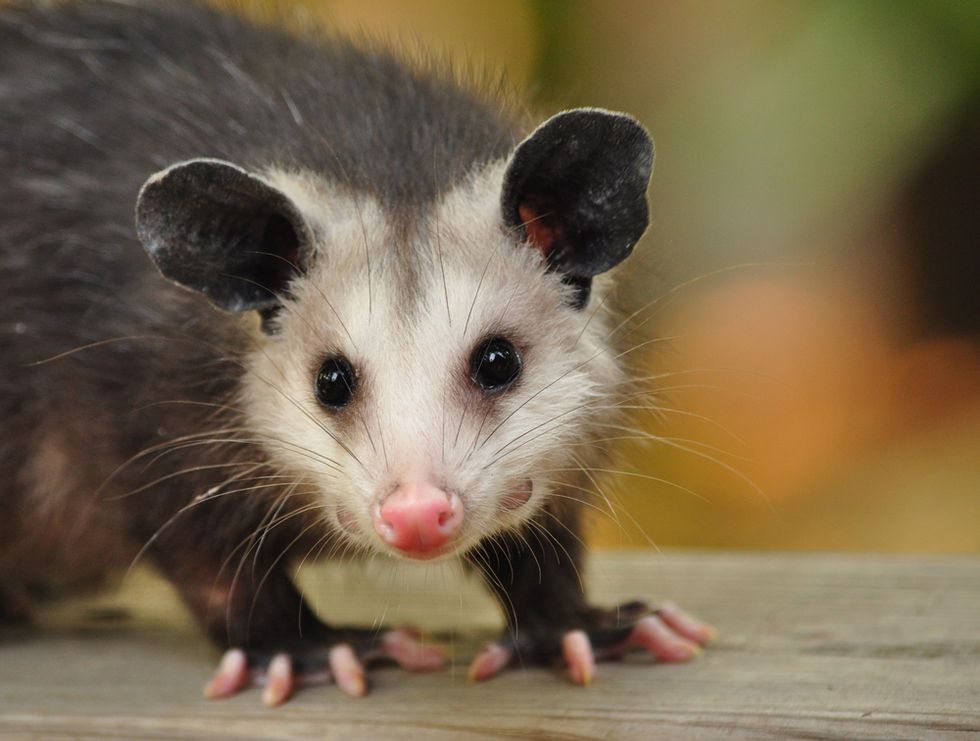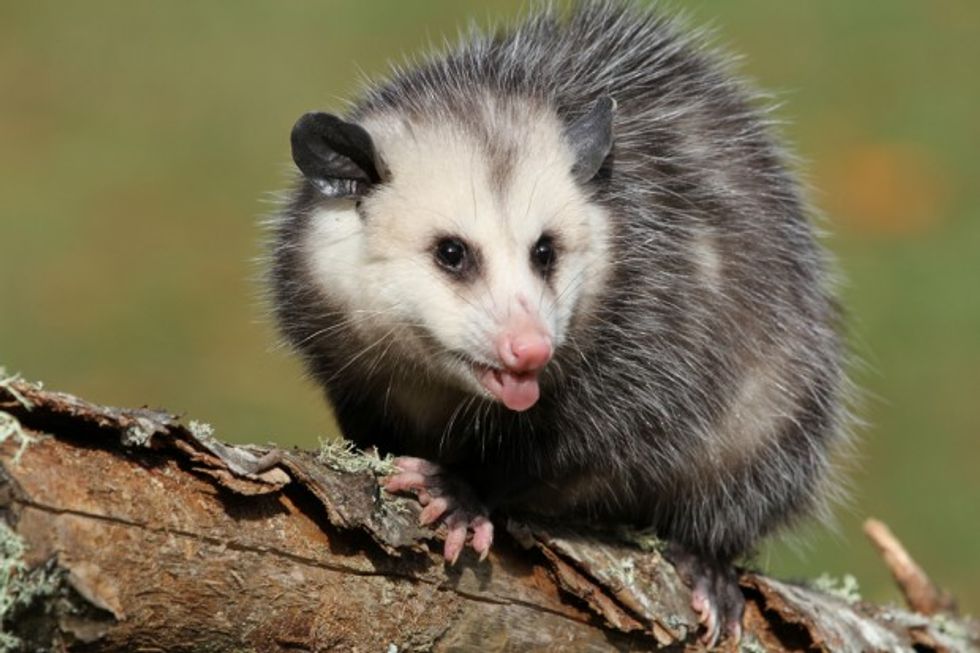
© 2025 Blaze Media LLC. All rights reserved.
These Guys Roam Your Backyard at Night but Scientists Just Used Them to Create an Antivenom That Could Save Thousands of Lives
March 23, 2015
"Does not have those negative effects"
There's no playing opossum here. It has been known for several decades that opossums were not susceptible to venomous snakebites — some even eat poisonous snakes. But research that could lead to a possible antidote for human use didn't move forward until recently.

Dr. Claire Komives with San Jose State University followed up on studies in the 1940s and 1990s to develop an antivenom out of an opossum protein that was previously identified as allowing the animal combat snake venom. The researchers found the antivenom worked in mice against bites from diamondback rattlesnakes and Russell's vipers.
The team produced the antivenom by programming E.coli bacteria to make the peptide.
"It appears that the venom protein may bind to the peptide, rendering it no longer toxic," Komives said in a statement, presenting the team's findings Sunday at the 249th National Meeting & Exposition of the American Chemical Society.
She added that unlike other antivenoms, this one didn't appear to have any adverse reactions.
"Our approach is different because most antivenoms are made by injecting the venom into a horse and then processing the serum," Komives said. "The serum has additional components, however, so the patient often has some kind of adverse reaction, such as a rash, itching, wheezing, rapid heart rate, fever or body aches. The peptide we are using does not have those negative effects on mice."
With about 421,000 cases of poisonous snakebites and 20,000 deaths as a result each year, according to the International Society on Toxicology, Komives and her team believe this new method to produce antivenom, which is inexpensive, could be especially beneficial in countries like India, Southeast Asia, Africa and South America. What's more, Komives believes it could be effective against scorpion stings and reactions to other toxins as well.
—
Front page image via Shutterstock.
Want to leave a tip?
We answer to you. Help keep our content free of advertisers and big tech censorship by leaving a tip today.
Want to join the conversation?
Already a subscriber?
more stories
Sign up for the Blaze newsletter
By signing up, you agree to our Privacy Policy and Terms of Use, and agree to receive content that may sometimes include advertisements. You may opt out at any time.
© 2025 Blaze Media LLC. All rights reserved.
Get the stories that matter most delivered directly to your inbox.
By signing up, you agree to our Privacy Policy and Terms of Use, and agree to receive content that may sometimes include advertisements. You may opt out at any time.


